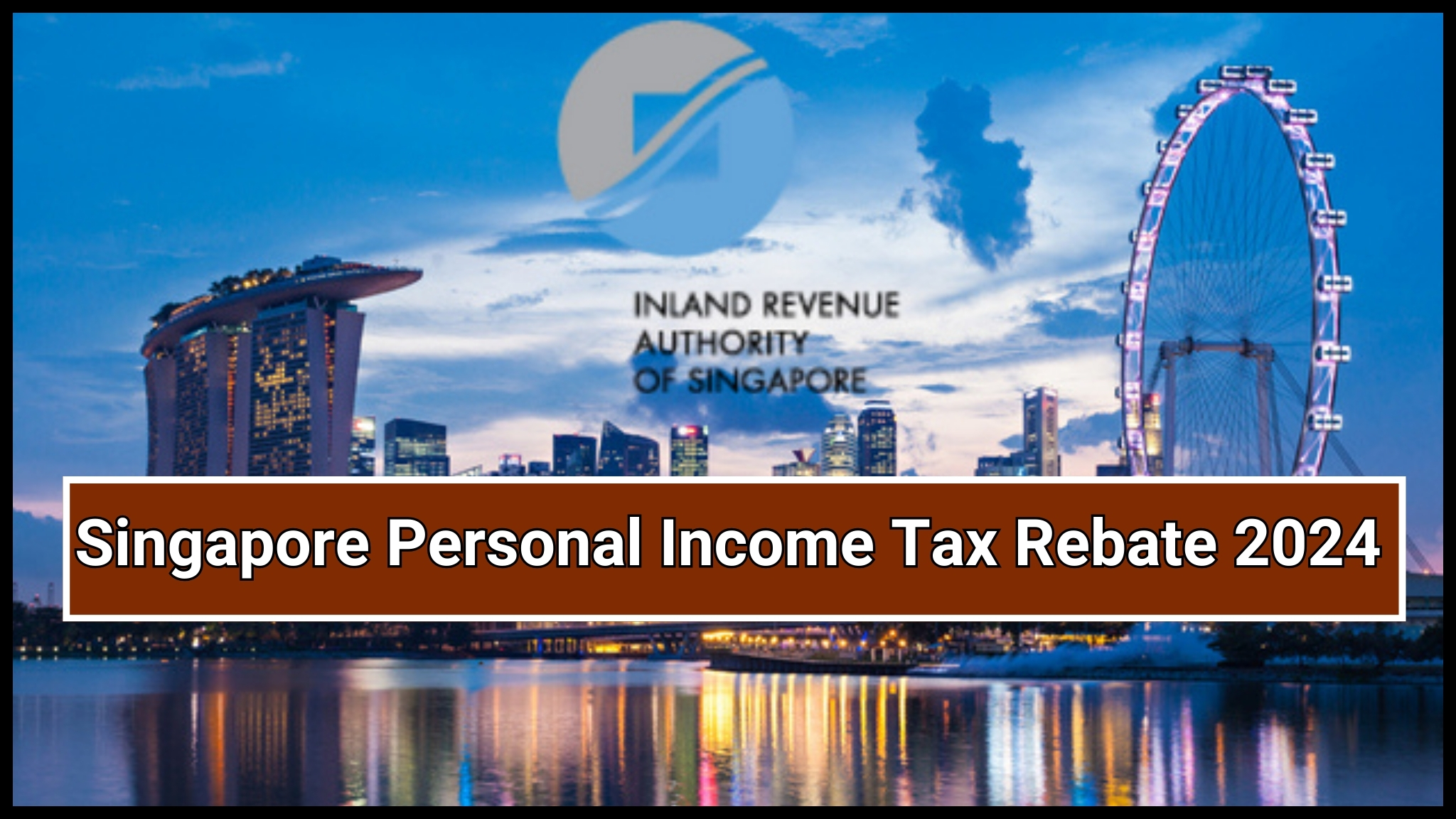Singapore Personal Income Tax Rebate 2024: The Singapore government is addressing the cost of living by introducing a 50% personal income tax rebate for the Year of Assessment 2024 (YA2024) in Budget 2024. This rebate is capped at S$200 for resident individuals, with a specific focus on providing relief for middle-income earners.
Singapore Personal Income Tax Rebate 2024
In response to the growing cost of living in Singapore, the government unveiled a 50% personal income tax rebate for the Year of Assessment 2024 (YA2024) in Budget 2024. This rebate, capped at S$200, is aimed at easing financial burdens for middle-income residents. The government estimates this rebate will amount to $350 million.
Furthermore, starting from the assessment year 2025, the income threshold for tax reliefs related to dependents will increase from S$4,000 to S$8,000.
Singapore Personal Income Tax Rebate 2024 Eligibility
Tax Residency:
- You must be a tax resident of Singapore for YA2024. This means:
- You are a Singapore Citizen who resides in Singapore except for temporary absences.
- You are a Singapore Permanent Resident who has established a permanent home in Singapore.
- You are a foreigner who has stayed/worked in Singapore (excluding director of a company) for 183 days or more in the previous year (i.e., 2023).
Taxable Income:
To qualify for the Personal Income Tax Rebate in Singapore for the Year of Assessment 2024 (YA2024), consider the following regarding taxable income:
- You need to have taxable income in YA2024, which is your income after deducting all eligible deductions and reliefs that still require some tax payment.
- The rebate amount is 50% of your personal income tax payable for YA2024, with a cap at S$200.
- The rebate will be automatically shown in your Notice of Assessment (NOA) issued by the Inland Revenue Authority of Singapore (IRAS) later in the year.
Singapore Personal Income Tax Rebate 2024 Amount
For the Year of Assessment 2024 (YA2024) in Singapore:
- Rebate Rate: You will receive a rebate of 50% of your personal income tax payable.
- Rebate Cap: The maximum rebate amount is S$200. This cap ensures that even if 50% of your tax liability exceeds S$200, you will receive a maximum rebate of S$200.
To calculate your Personal Income Tax Rebate for the Year of Assessment 2024 (YA2024) in Singapore:
Calculation:
- Determine your personal income tax payable for YA2024 (refer to your Notice of Assessment or tax filing documents).
- Calculate 50% of your tax payable.
- Compare the result with the S$200 cap.
- Your rebate amount: The lower of either 50% of your tax payable or S$200.
Here’s an example:
- Your personal income tax payable for YA2024 is S$3,000.
- 50% of S$3,000 is S$1,500.
- The S$200 cap is lower than S$1,500, so your rebate amount is S$200.
In this example, even though you were eligible for a rebate of 50% of your tax payable, the cap limits your rebate to S$200.
Singapore Personal Income Tax Rebate 2024 Payment Method
- If you meet the eligibility criteria (tax resident for YA2023, personal income tax payable), the rebate will be automatically applied and shown in your Notice of Assessment (NOA) issued by the Inland Revenue Authority of Singapore (IRAS) later in the year.
- The NOA will indicate the final tax payable amount after factoring in the rebate.
Payment Method:
- The rebate won’t be given as a separate payment; instead, it will be deducted from your final tax payable.
- You will either pay a reduced tax amount directly to IRAS if your rebate exceeds your tax liability or receive a smaller refund if your tax liability is higher than the rebate amount.
